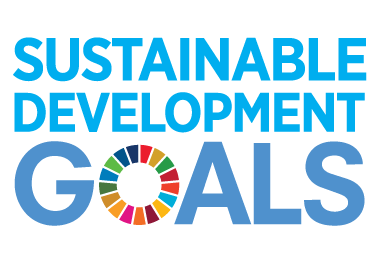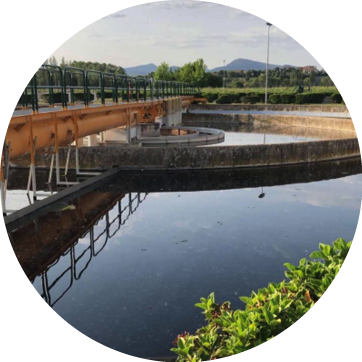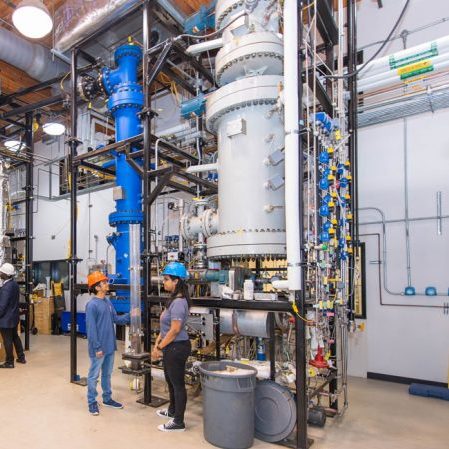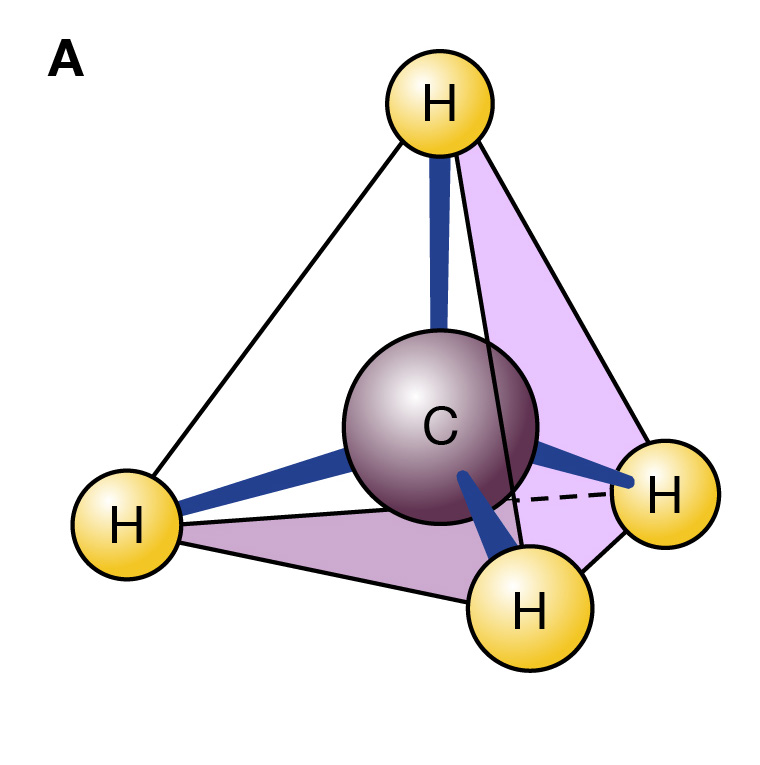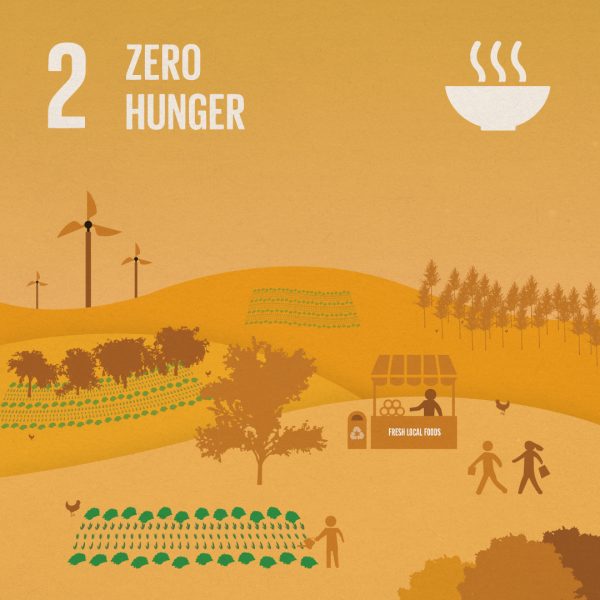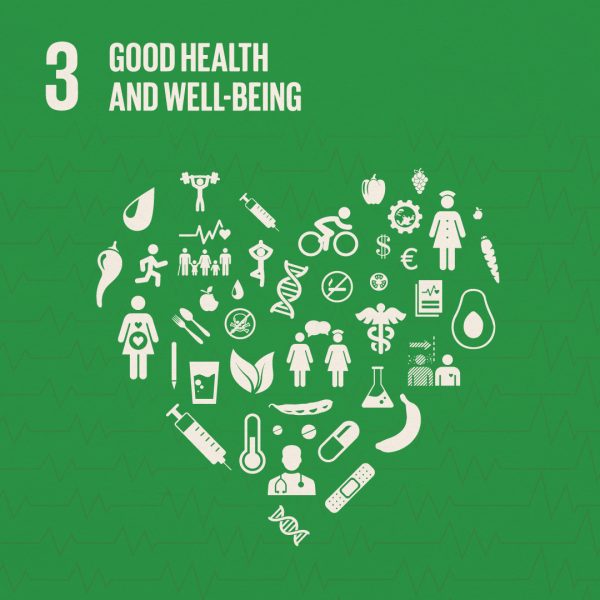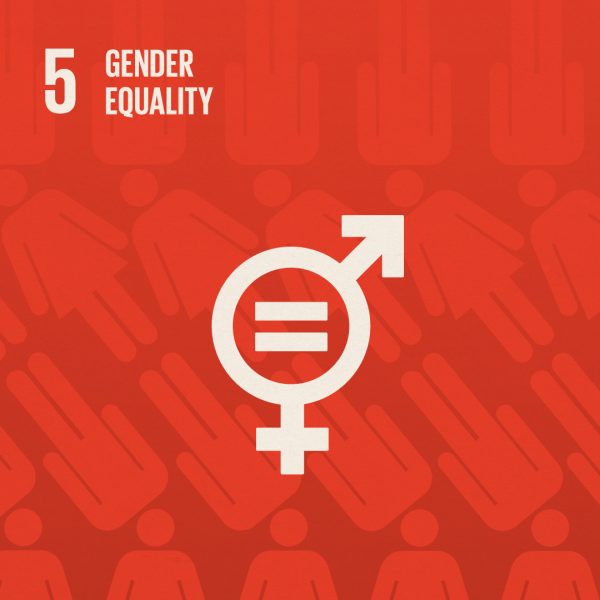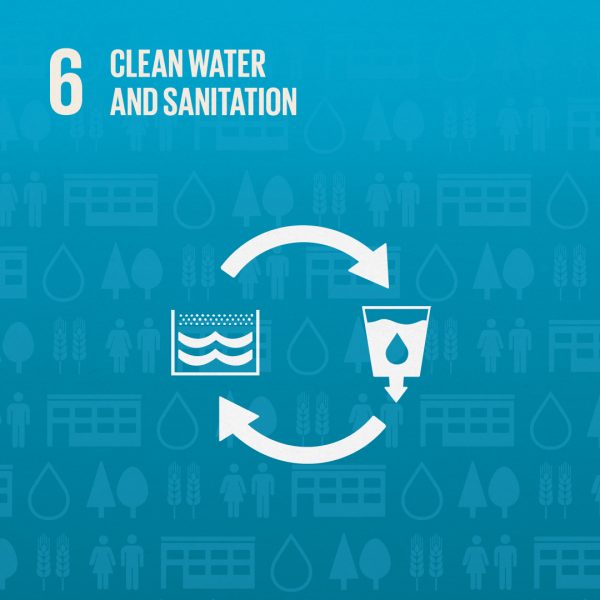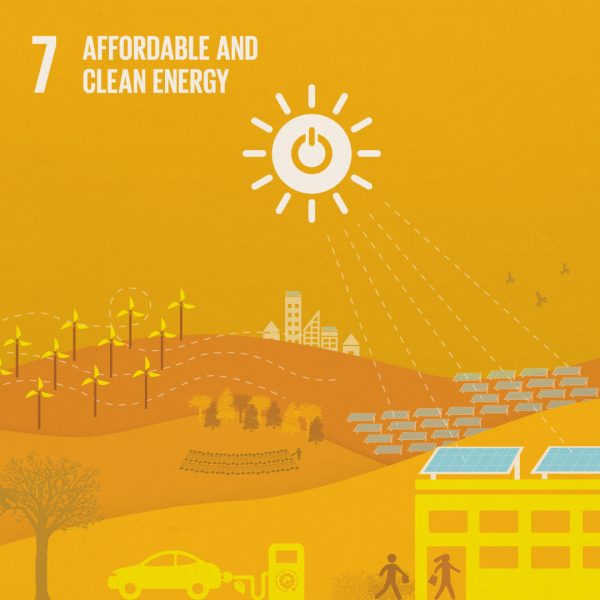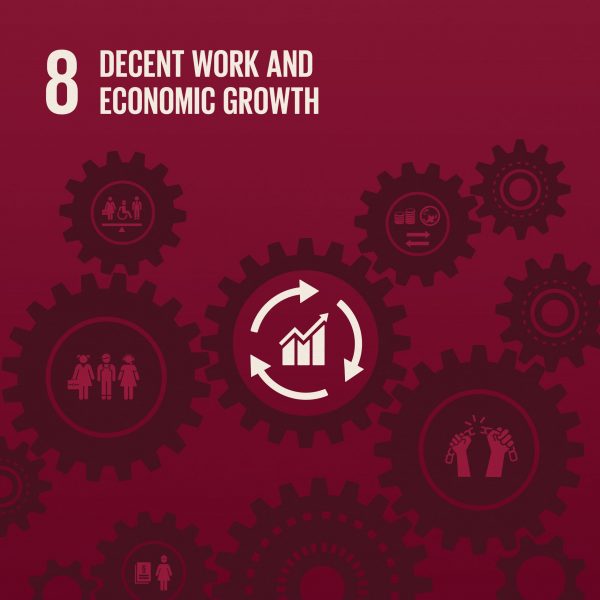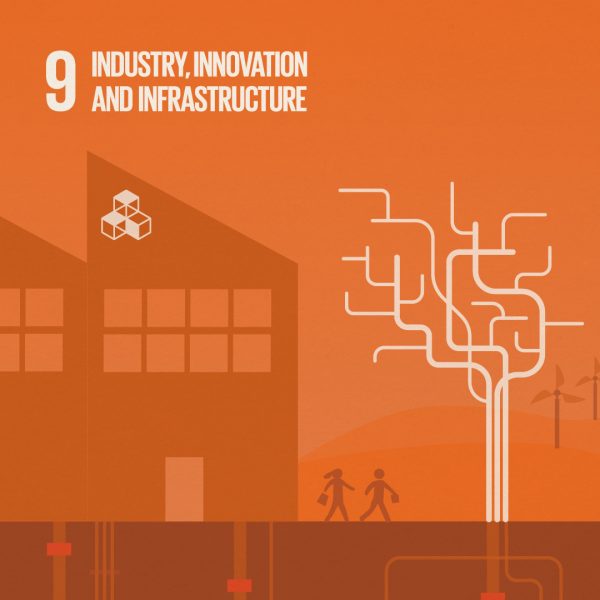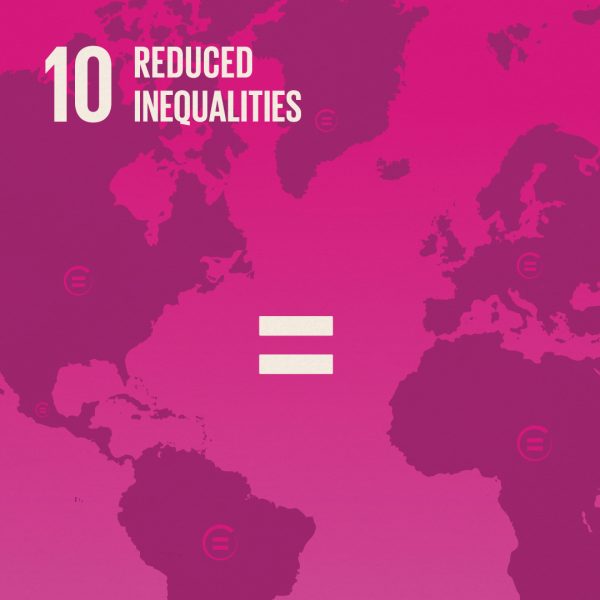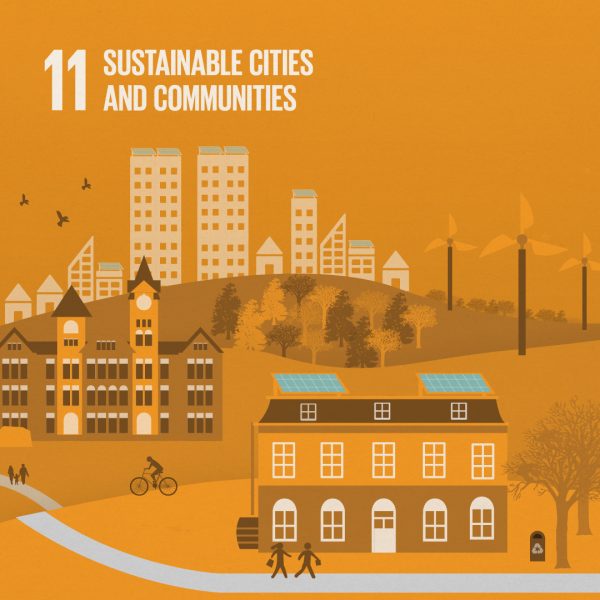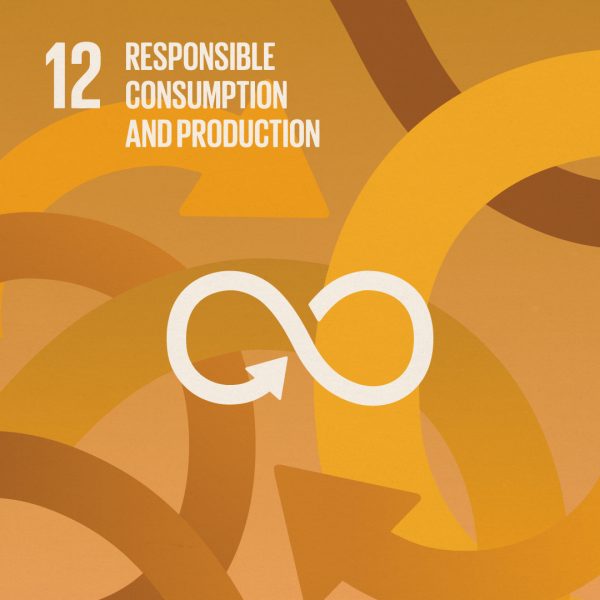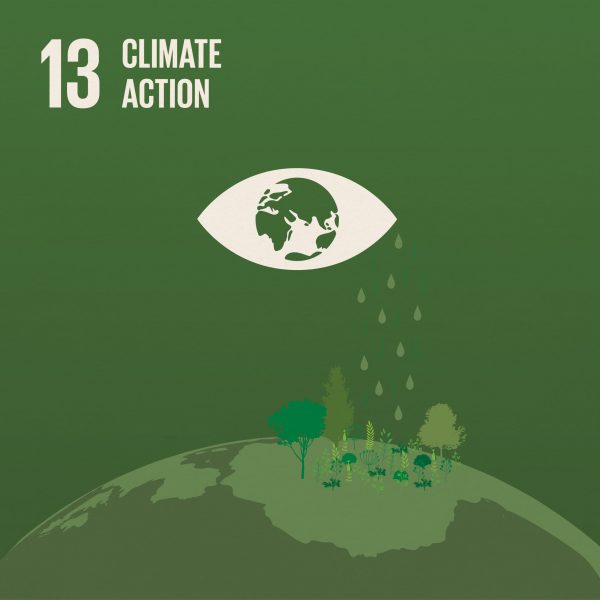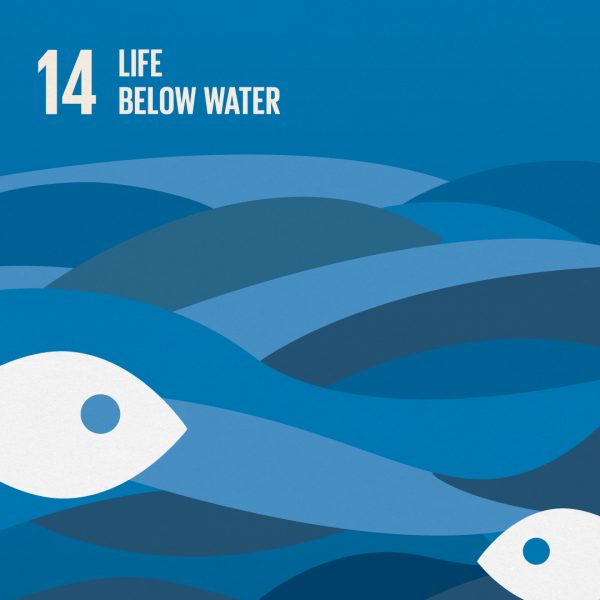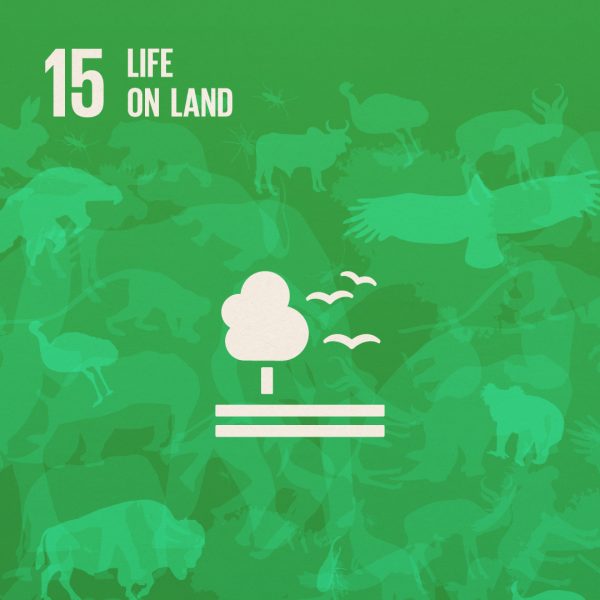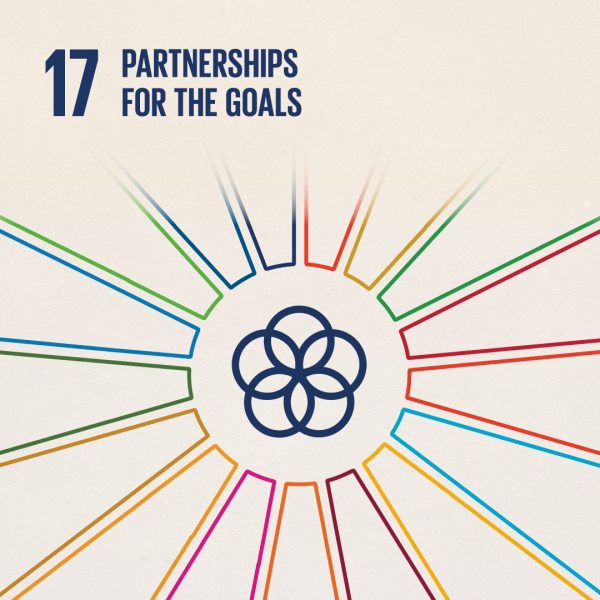Functional nanocomposites are composed with different combinations from a large selection of nanomaterials, such as nanocarbons, metal oxides/chalcogenides, carbides, phosphides, polymers, etc., which possess superior mechanical, thermal and electrical properties, leading to broad applications in smart structures, chemical sensors, energy storage and nano-electronic devices. However, the high cost and difficulty…
By Patricia Barnes* Auburn University’s Electric Vehicle Showcase had a wonderful turn out on September 22nd, 2023. The event kicked off on a beautiful evening, showcasing 18 different electric vehicles (EVs). From the iconic Tesla to the new Ford F150 Lightning pickup truck, to motorbikes and cycle bikes, a wide…
By Randy Martin, Office of Sustainability The Intergovernmental Panel on Climate Change (IPCC) recently released its latest report assessing the current status and trends of climate change, future risks and the long- and near-term responses. This report contained a sentence that has stuck with me since I first read it: …
by Laurel Holmes Interested in sustainable energy? If so, connect with students like you across the state! Energy Alabama is offering free memberships to college students across the state. Joining as a student member offers the opportunity to connect with like-minded peers, industry experts, and professionals advocating for green energy…
by Dr. Lauren E. Beckingham A collaborative NSF project between Auburn University (AU) Department of Civil and Environmental Engineering (Lauren Beckingham) and Department of Geosciences (Karen McNeal) and Tuskegee University (TU) Department of Mechanical Engineering (John Solomon) aims to foster a much-needed workforce for renewable energy industries. The project seeks…

